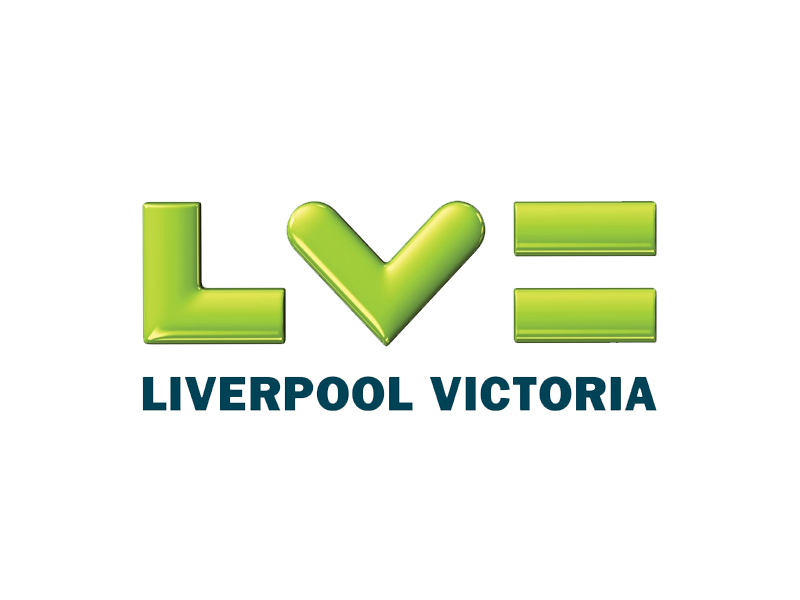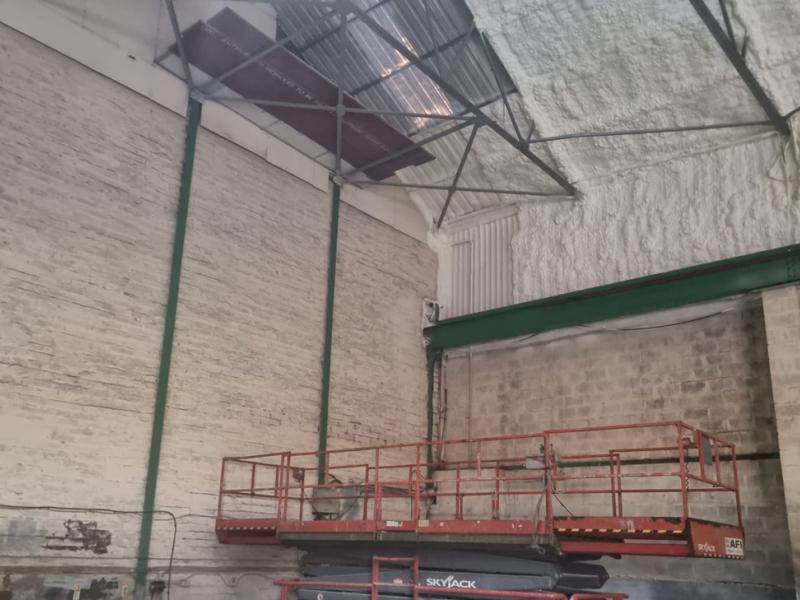How Can I Insulate My Boat?
Spray foam insulation is ideal for marine insulation applications, offering excellent condensation control.
With the minimum of thickness (from just 25mm) spray polyurethane foam readily achieved desired insulation values, without requiring much space. Class 1 fire rating spray foam insulation complies with BS476 Part 7. Moreover it is CFC, kind to the environment and non toxic, emitting no fumes or vapours.
Spray foam insulation may be applied directly to the surface, whereupon the liquid instantly adheres and expands to create a rigid and continuous insulation layer. Even the most hard to access areas can be reached with the foam sealing any gaps, seeking and eliminating draughts.
Adhering directly to the substrate, spray foam insulation also prevents condensation problems even on steel hull boats that are prone to condensation and water dripping.
Thanks to its superb thermal insulation capacity, desired insulation values may be attained with a minimum of thickness as the spray foam slips seamlessly between the battens – saving more space than other insulation methods.
Insulate your boat with spray foam and you can expect greater temperature control – a cooler boat in the summer months and more warmth in the winter; no more condensation problems; excellent insulation values without losing much space; and reduced external or vibration noise.
Moreover, spray foam is not affected by water exposure, it requires no cutting or fixing and importantly it is compatible with your boat’s plumbing and wiring.
Boat manufacturers and boat builders should contact Metropolitan Insulation Services for advice and more details.


























